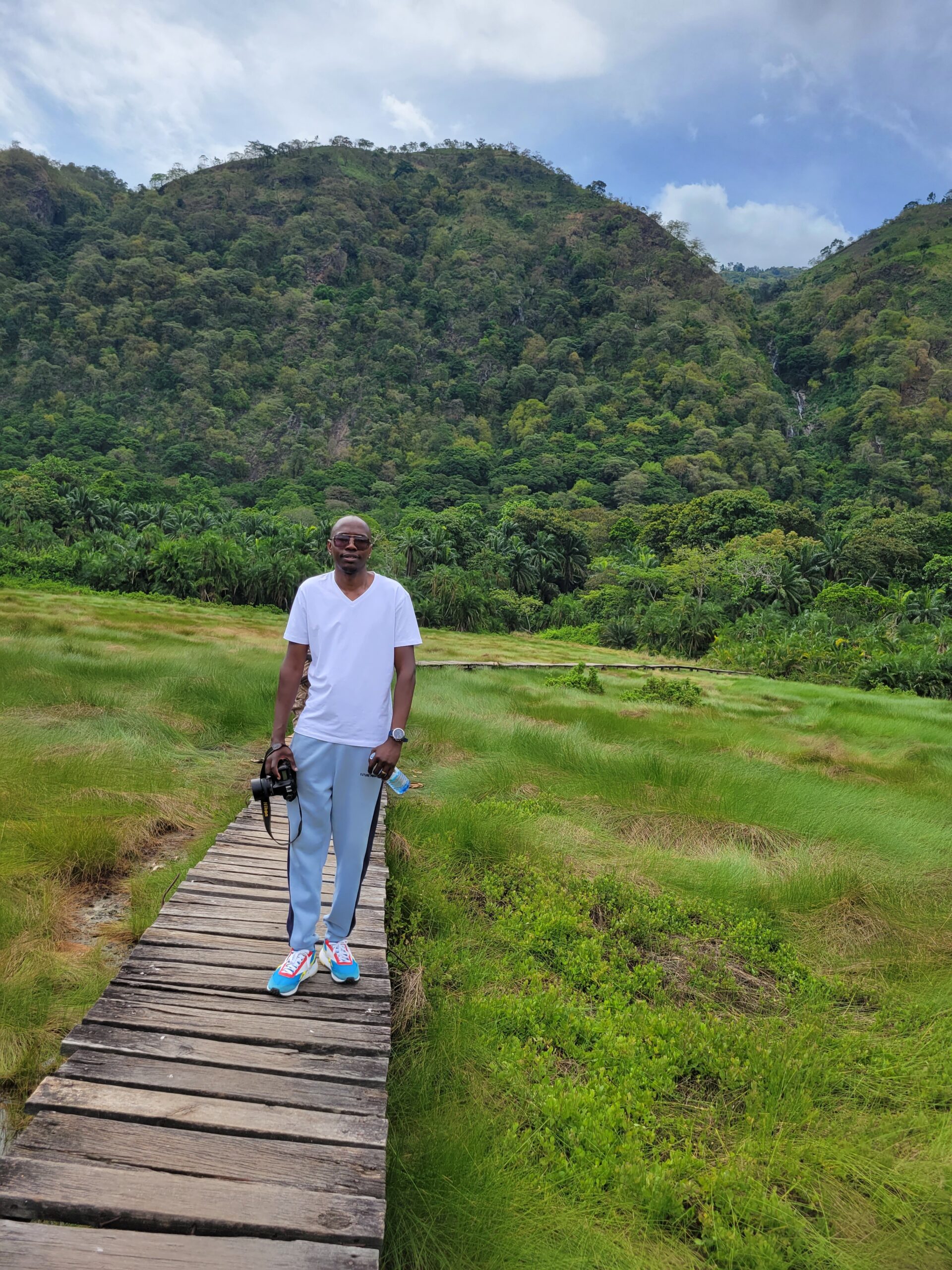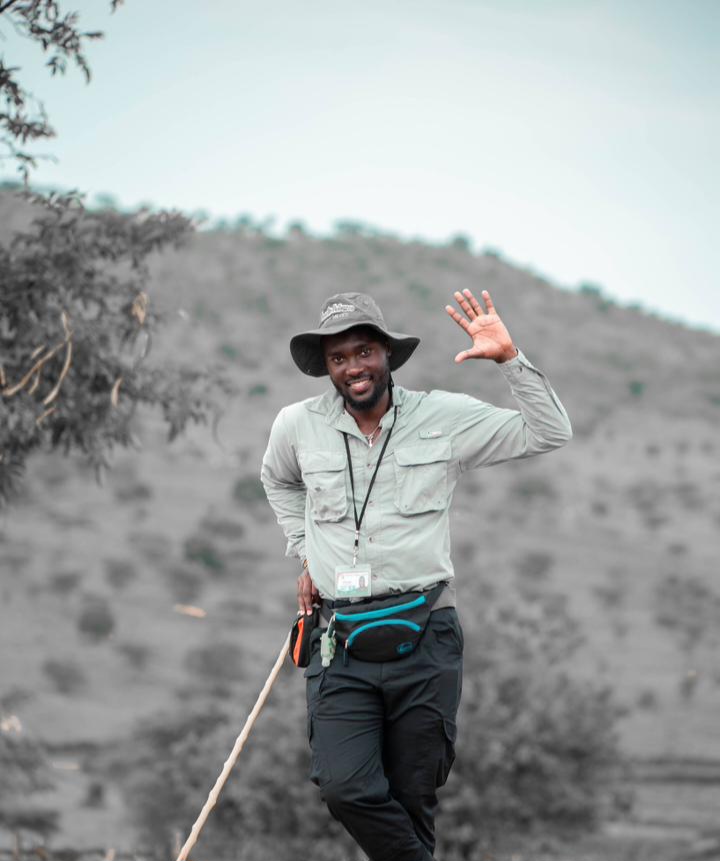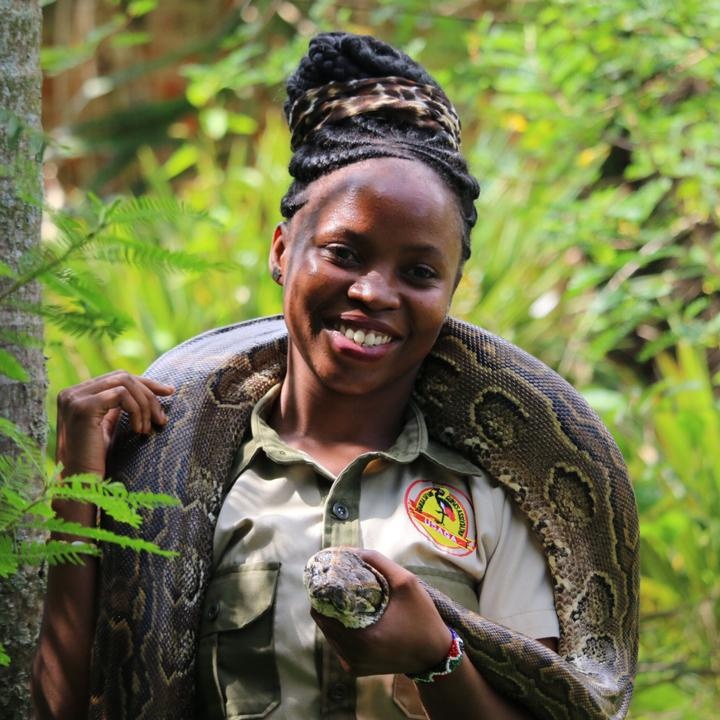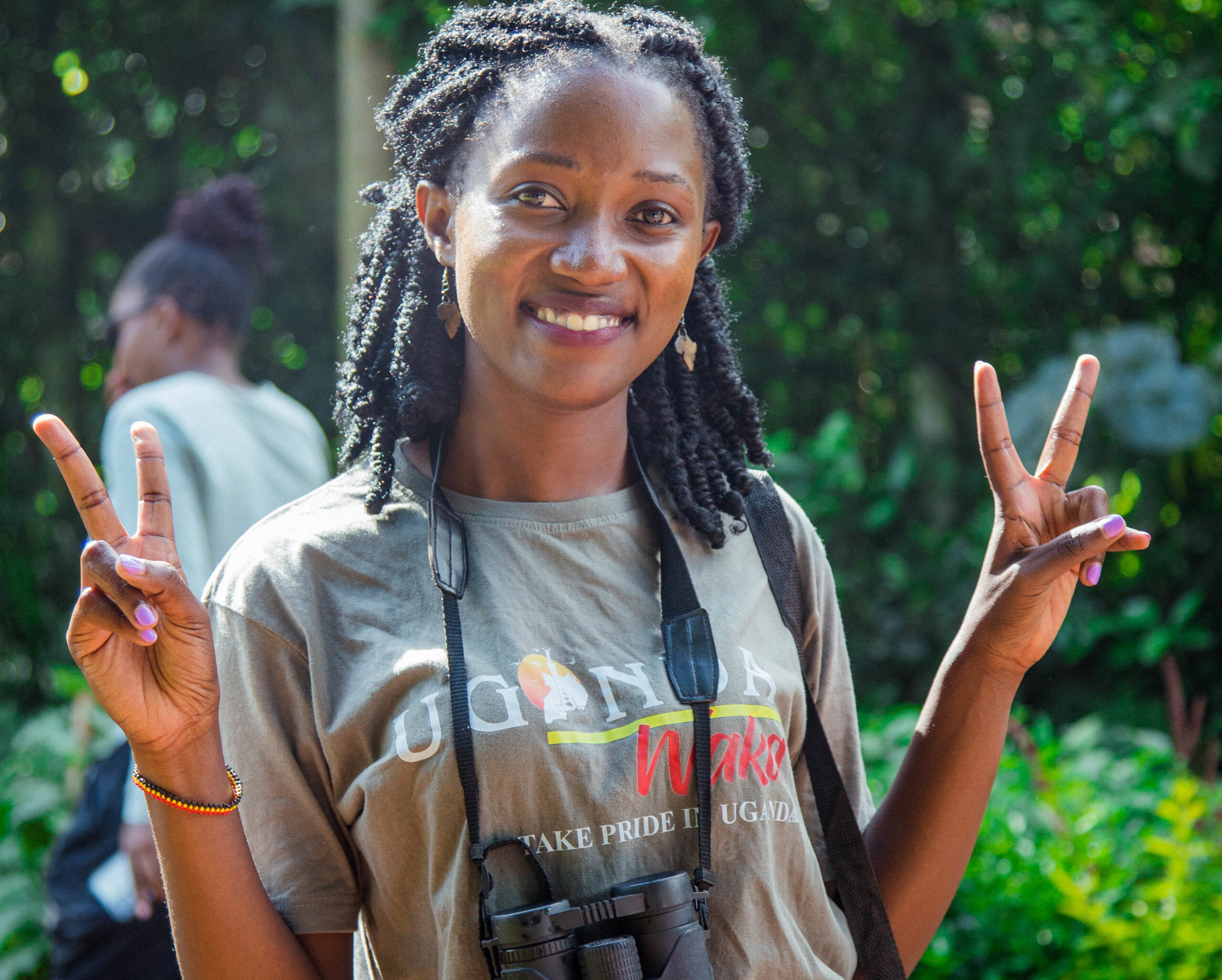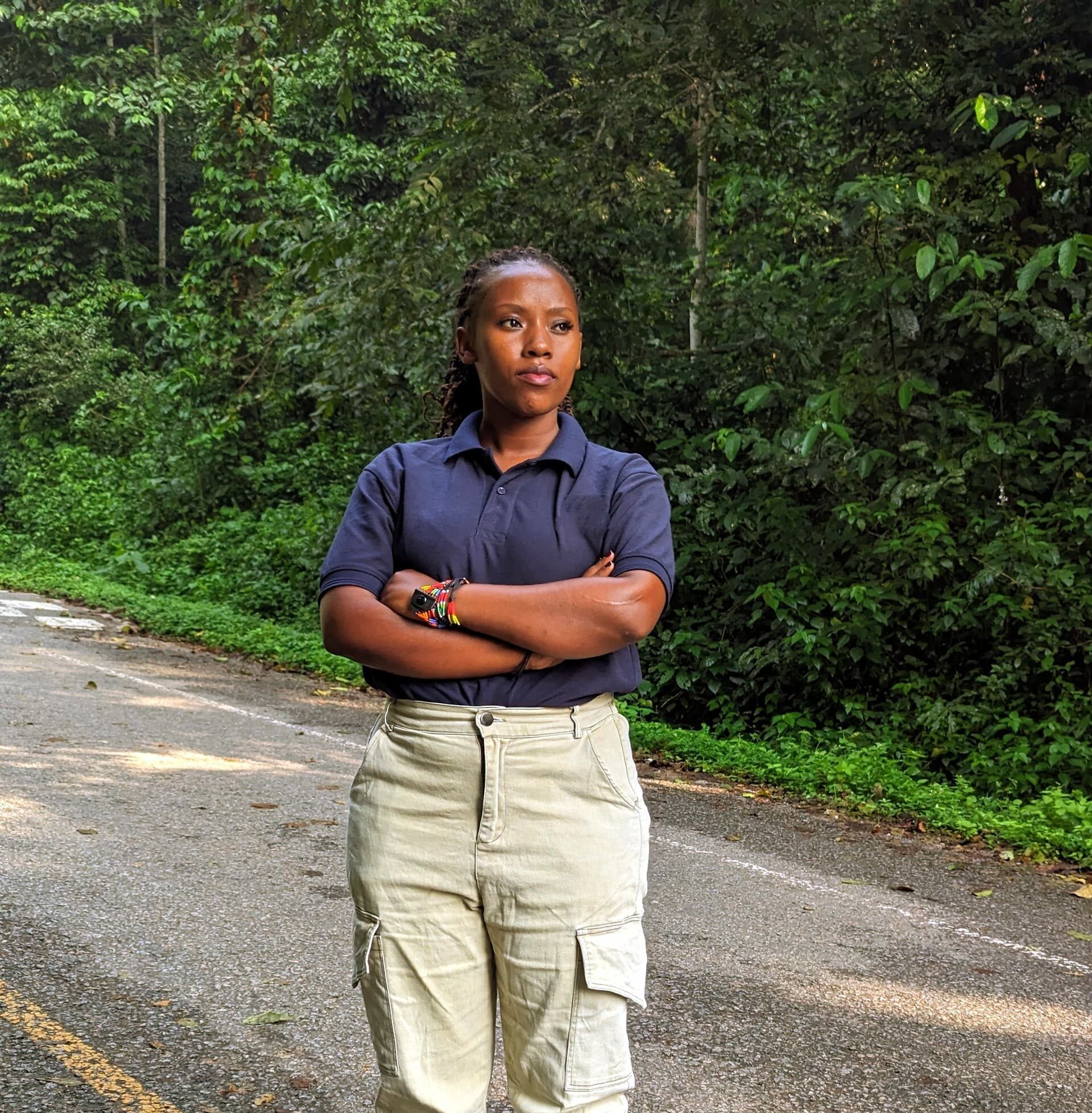Rwanda, known as the “Land of a Thousand Hills,” is a small, landlocked country in East Africa. It’s a nation with a rich cultural heritage and a tumultuous past, but also a country with a remarkable story of resilience, reconciliation, and rapid development.
The story continues
Rwanda was colonized by Germany and later Belgium, gaining independence in 1962. The country suffered a devastating genocide in 1994, resulting in the loss of over 800,000 lives, mostly from the Tutsi ethnic group. Rwanda’s Capital is Kigali, a modern and clean city with Kinyarwanda, English and French as official languages. Rwanda is relatively small with approximately 13 million people consisting of three main ethnic groups; Hutu, Tutsi and Twa.
Home to to a diverse range of wildlife despite its small size, Rwanda is one of the few countries where you can find mountain Gorillas. These magnificent creatures are found in Volcanoes National Park home to about 600 mountain gorillas, with 10 habituated groups open to tourism. Another attraction to Rwanda are chimpanzees and the largest population can be found at Nyungwe National Park.
More than you bargained for
Guided treks are available to track the intelligent mountain Gorillas. You can’t talk about Rwanda without mentioning the endangered Golden monkeys found in the Virunga Mountains, with a habituated group in Volcanoes National Park. Rwanda’s elephant population is small but growing, with Akagera National Park being the best place to spot them. If your a bird lover, Rwanda is a birdwatcher’s paradise, with over 700 species recorded including the iconic shoebill stork and the Rwenzori turaco. Rwanda’s national parks offer guided tours, treks and game drives to explore the country’s diverse wildlife. Conservation efforts are in place to protect these incredible animals and their habitats.
The best time to visit Uganda’s wildlife is during the dry seasons, which are from;
- June to mid October
- Jan – mid March

